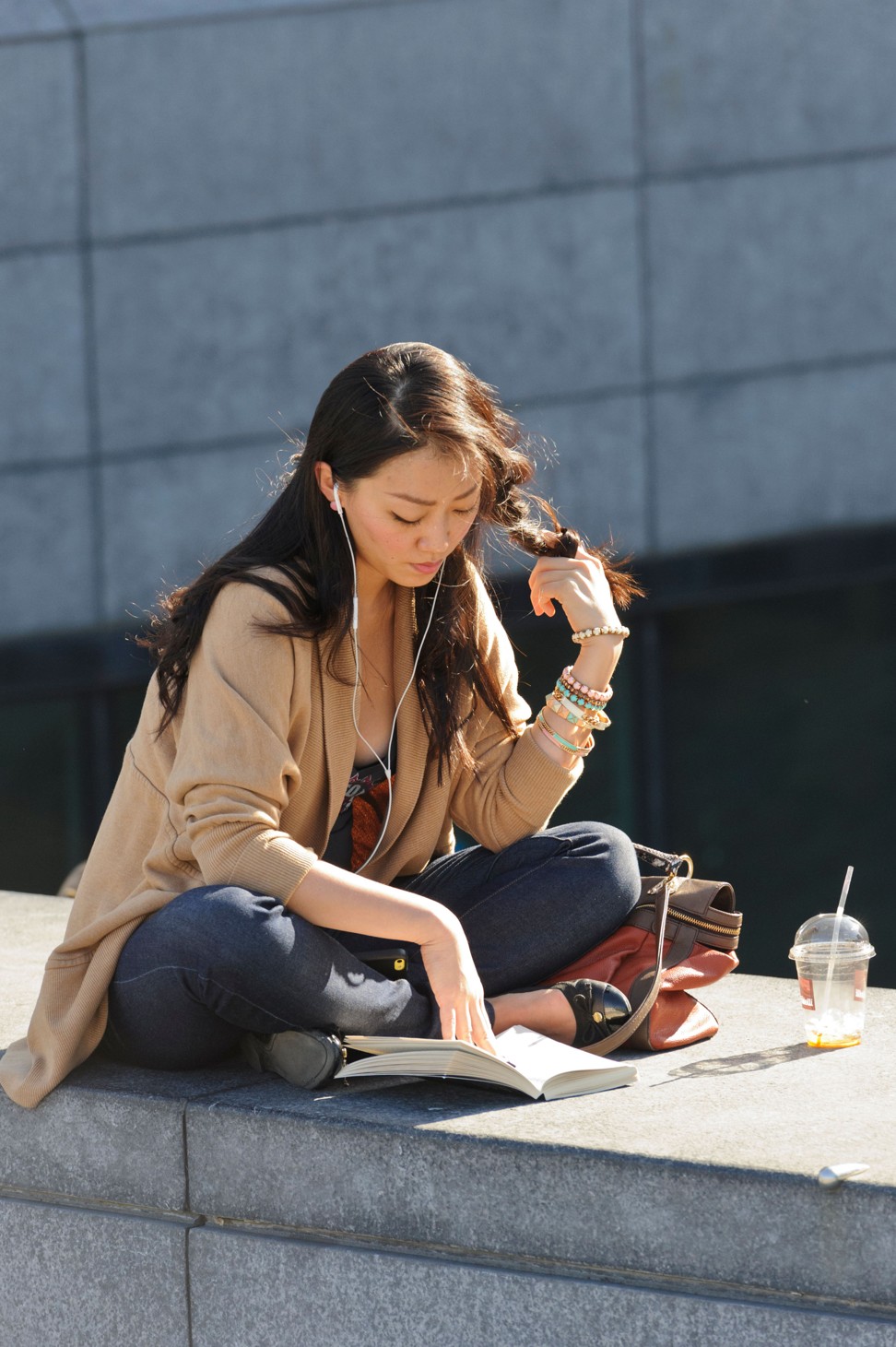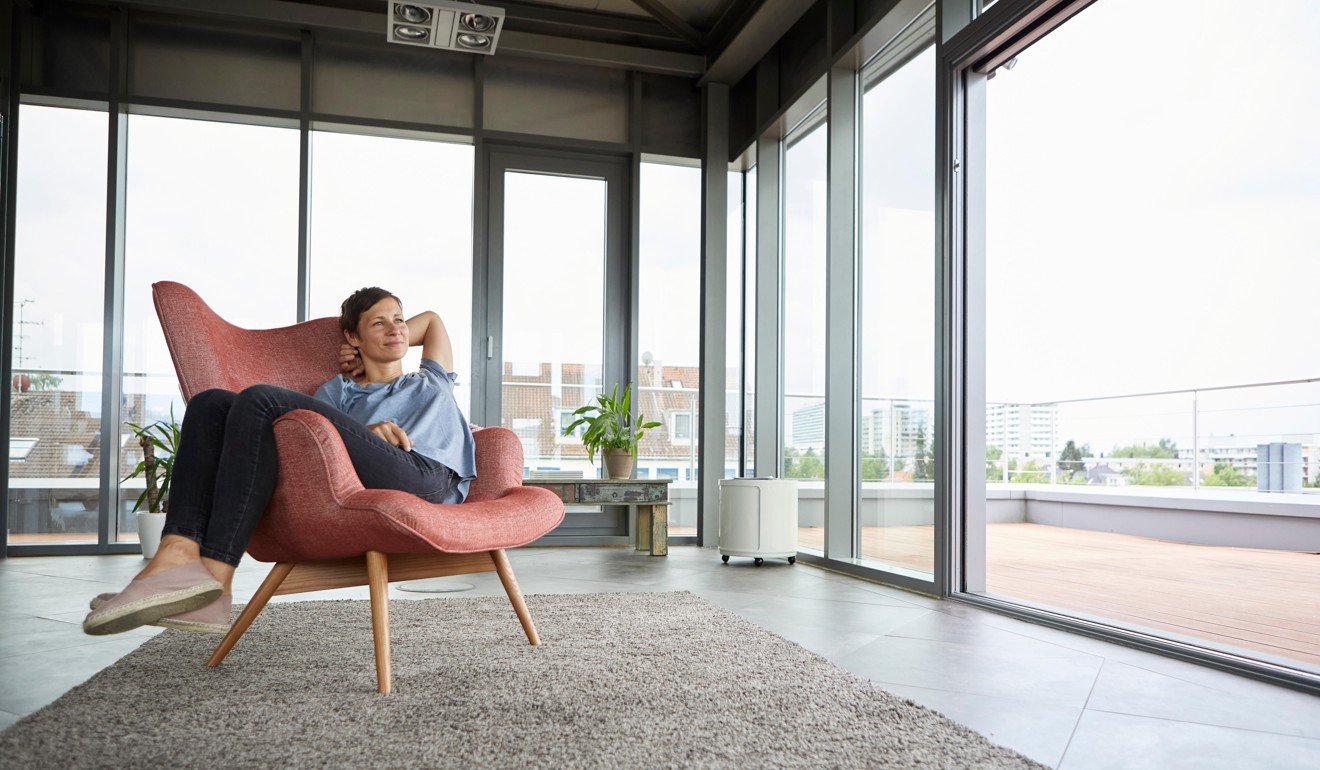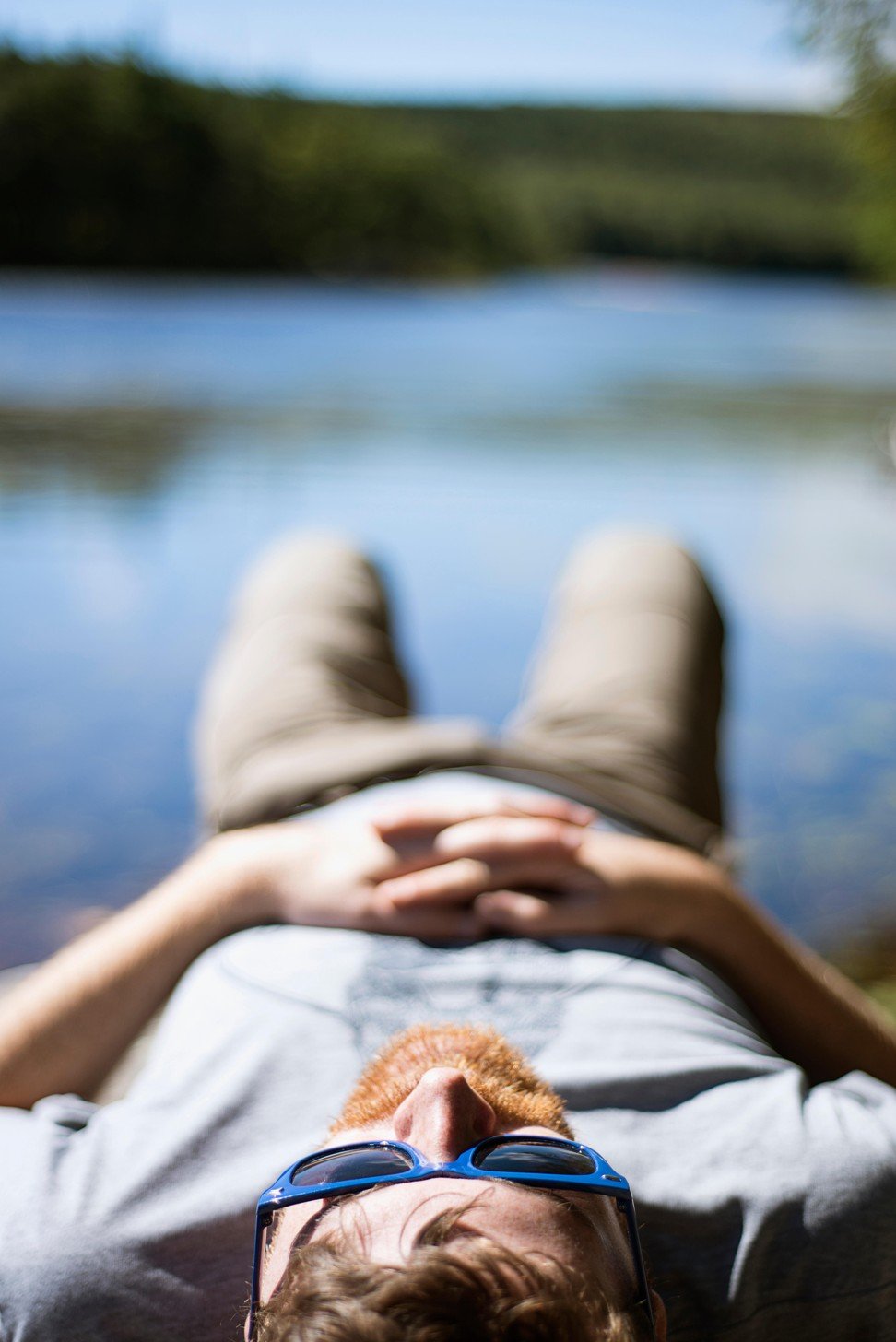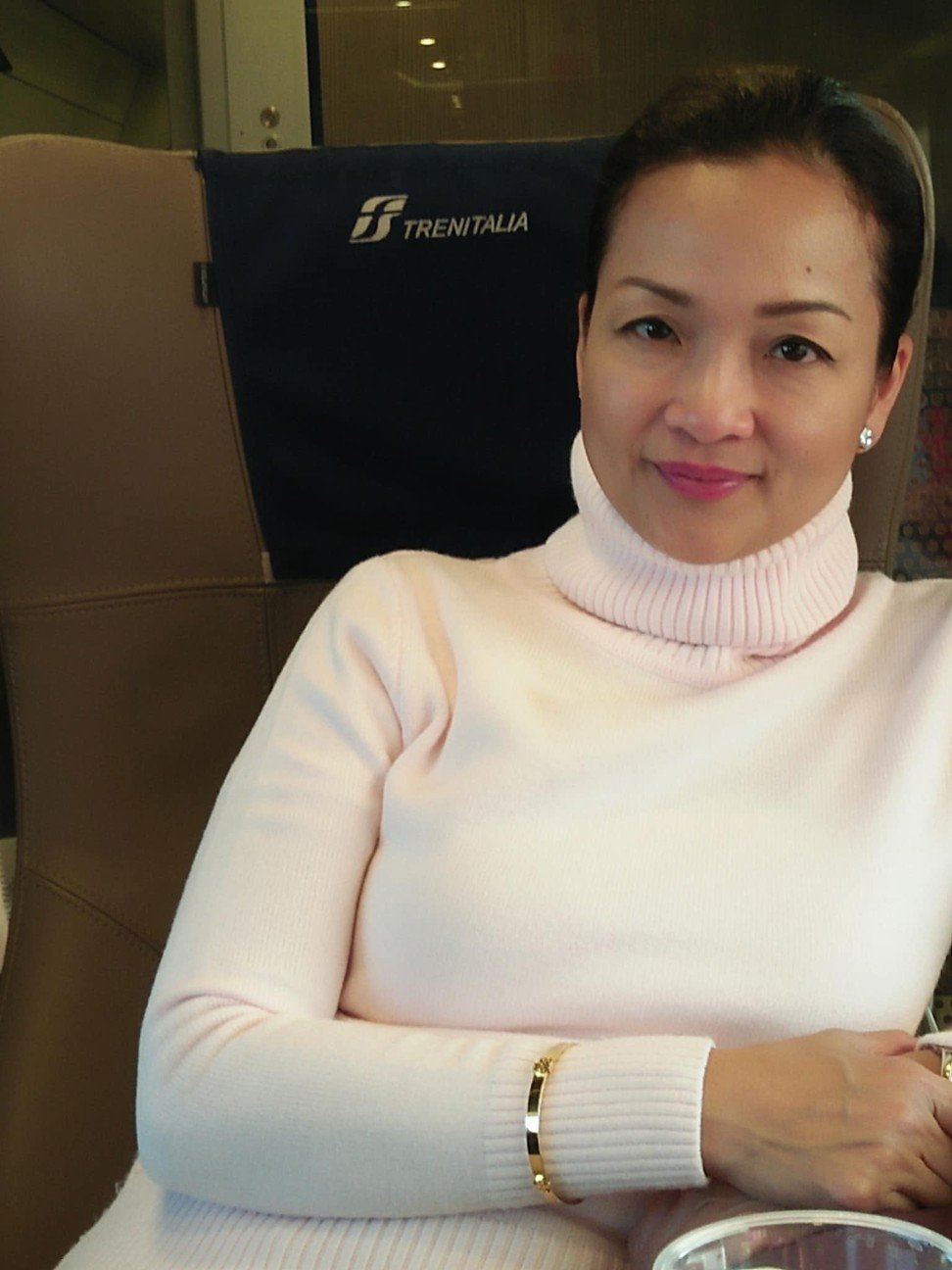
How solitude can bring happiness and peace of mind – just don’t fear being alone
- Solitude can be good for us, research shows, because it helps reduce the intensity of daily life
- People who spend time on their own and free of distractions have greater control over their emotions

Making time for ourselves seems impossible for many of us. Jobs, families and electronic devices fill our daily lives.
But there’s also a stigma attached to solitude. When we think about being alone, the first things that usually come to mind are loneliness, rejection, isolation, boredom, withdrawal and sadness.
It’s no wonder so many of us think that it’s a bad thing. However, research from the University of Rochester in New York says that solitude can be good for us.
The findings, published in 2017 in the Personality and Social Psychology Bulletin, found that 15 minutes of device-free solitude reduces high-arousal emotions, while lessening stress and promoting relaxation.

Researchers conducted four separate experiments. The first compared solitude with social interactions; the second compared solitude with being alone during an activity, like reading; the third compared solitude with being alone thinking specific thoughts; while the fourth asked subjects to practise 15 minutes of device-free and activity-free solitude every day for a week and keep a diary of how it affected them.
What they found was that spending time alone, without social interactions or electronic devices, had a “deactivation” effect. It reduced the intensity of the subjects’ positive as well as negative emotions. Whether the subjects were experiencing something strongly positive like joy or something strongly negative like anxiety, it lessened these feelings.

The research showed that people who spend time alone may have greater control over their emotions. The researchers wrote: “The set of studies suggested that people can use solitude, or other variations on being alone, to regulate their affective states – becoming quiet after excitement, calm after an angry episode, or centred and peaceful when desired.”
If the prospect of being alone with your own thoughts intimidates you, you’re not the only one. University of Virginia researchers found that in an experiment, people preferred giving themselves mild electric shocks to sitting without distraction when they were given 15 minutes of quiet time alone.
The findings, which were published in the journal Science in 2014, revealed that people “would rather have something to do than be left to their thoughts for even a fairly brief period of time”.

The question we need to ask ourselves is: “Why do we find it so hard to do nothing at all?”
Daniel Koh, a psychologist at Insights Mind Centre in Singapore, says we are so used to receiving stimulation from the environment that when we find ourselves alone and in a situation where we’re not being stimulated, we have no idea what to do with ourselves.
“Being constantly plugged into our electronic devices makes it hard for many of us to switch off or tune out,” Koh says. “Living in a crowded, fast-paced city like Hong Kong or Singapore, we’re also not used to silence or taking things slow. Boredom can therefore feel quite unsettling, so when we are alone with nothing to do, we feel out of our element and want to return to the norm.”
We spend so much time on social media, doing our jobs and seeing to our families that we often forget about ourselves and what we need
But some people cherish, and in fact, look forward to being alone. Take Marie Monozca, for instance. The 48-year-old, who has two children, enjoys a busy social life, and manages a successful media representation and public relations company in Manila, capital of the Philippines. She says quiet moments are essential to her mental and emotional well-being.
“Friday nights are when I get some time to myself,” Monozca shares. “I’ll sit at my desk or upright in bed and just enjoy several quiet minutes alone, with no electronic devices or other distractions.
“I try to focus on my breathing and allow myself to be present in the moment. Sometimes, I’ll let my mind wander or I’ll visualise what I want for myself, my children and my company. It’s my time to just ‘be’, and when I’m done I feel refreshed, relaxed, recharged, and more in control of my emotions.”

Koh says that spending time alone is self-nurturing, something that he believes many of us need to do more of.
“We spend so much time on social media, doing our jobs and seeing to families that we often forget about ourselves and what we need,” he says. “We should all give ourselves moments during the day during which we can slow down and not feel any pressure to respond or perform.”
If it’s hard for you to find even 15 minutes a day to be alone, Koh suggests breaking this time up into three five-minute blocks.

“If you’re on the bus or train, close your eyes, imagine that there’s nobody around you and allow your mind to drift off,” he explains.
“During your lunch break, escape to a nearby park and resist the temptation to look at your phone while you space out for five minutes. Instead of doing the household chores or watching TV in the evening, find a quiet place to sit and just enjoy the silence.
“Make this a part of your daily self-care ritual.”
Monozca agrees, saying that being a functional, well-rounded individual starts with looking after your mental and emotional well-being.

“Self-care rituals are not a waste of time. I find that when I take care of my mind, body and soul, I am happier. If you feel uncomfortable sitting with yourself and blanking out for several minutes, then use the time to reflect on your achievements and focus on what you love about yourself instead. Pretty soon, you will start to relish being in your own company.”